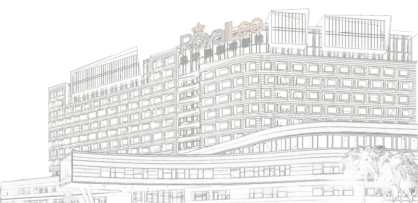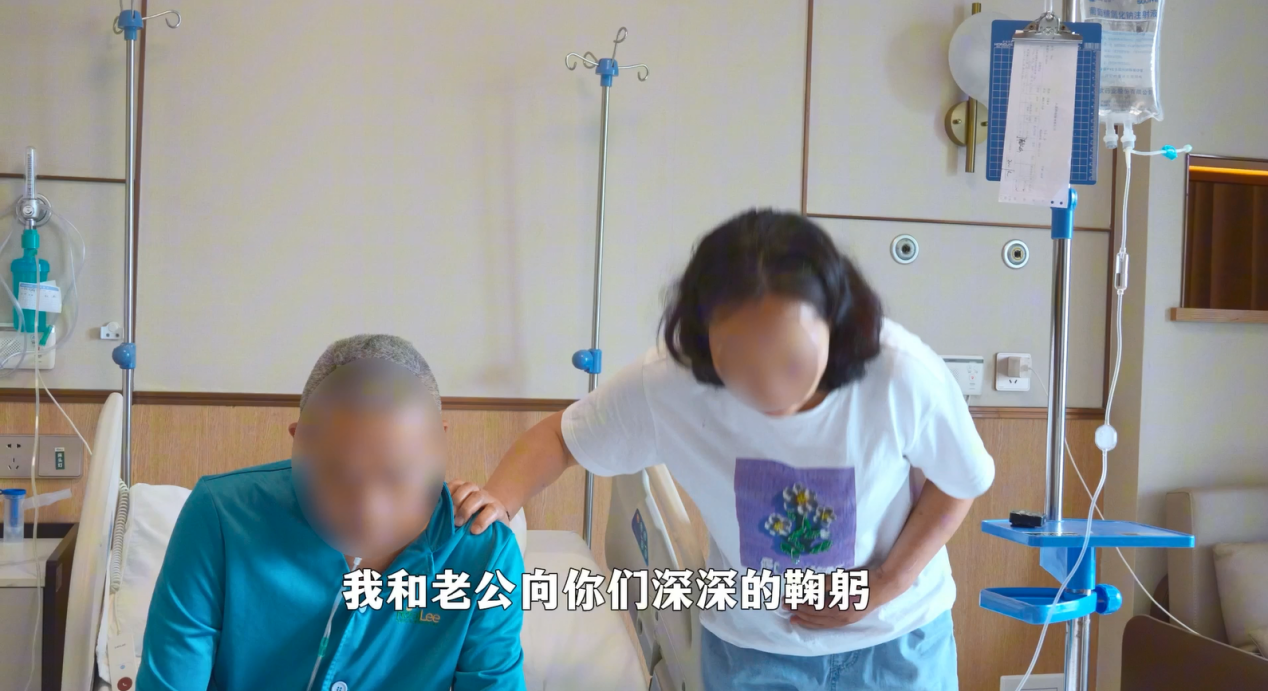Is Sleep Intervention Helpful for Cancer-Related Fatigue?
Cancer patients often experience severe sleep disturbances, such as insomnia or hypersomnia, which can trigger or worsen fatigue. Several sleep intervention therapies have been shown to relieve fatigue, with cognitive behavioral therapy (CBT) being one of the most common. Key CBT techniques include stimulus control, sleep restriction, and sleep hygiene.
- Stimulus control involves going to bed only when sleepy, maintaining a consistent sleep schedule, and getting up at the same time each day. If unable to fall asleep within 20 minutes, it’s recommended to get up and engage in another activity rather than lying awake in bed.
- Sleep restriction suggests avoiding long naps or late-day naps and limiting time spent in bed.
- Sleep hygiene includes avoiding stimulating beverages like tea or coffee before bedtime and creating a restful environment (e.g., dark, quiet, and comfortable). For children with cancer, having comforting objects like blankets or soft toys can also improve sleep.
Can Meditation Help Relieve Cancer-Related Fatigue?
Meditation, in simple terms, is the practice of clearing the mind and eliminating distractions in a quiet environment. It’s often helpful for people experiencing adjustment issues, grief, agitation, mental stress, cognitive challenges, distress, anxiety, depression, or sleep disturbances. Some U.S. oncology societies recommend meditation to reduce anxiety, stress, depression, and mood disorders during and after breast cancer treatment, while also improving quality of life. Therefore, meditation may be considered a viable approach to alleviate cancer-related fatigue.
Can Acupuncture and Massage Help with Cancer-Related Fatigue?
Some small studies have reported the positive effects of acupuncture on fatigue, although larger randomized controlled trials are still needed. Acupuncture has received a low-level recommendation as an optional therapy for post-treatment fatigue in breast cancer patients. However, due to insufficient evidence, it is not currently recommended for fatigue associated with neuropathy, sleep disorders, or cancer treatments, pending further research.
Acupressure is recognized as a complementary method to alleviate nausea and vomiting caused by chemotherapy, though it lacks sufficient evidence to serve as a primary treatment. Research on acupressure’s ability to improve fatigue and quality of life remains limited, and existing guidelines do not endorse it for fatigue management.
Does Exercise Help Alleviate Cancer-Related Fatigue?
Among non-pharmaceutical interventions, exercise is one of the most effective ways to combat cancer-related fatigue. Although there is not yet enough evidence to specify exact exercise intensity or duration, moderate-intensity exercise is generally encouraged during and after treatment. Current recommendations suggest engaging in 30 minutes of moderate activity on most days of the week. Interventional and observational studies have shown that at least 3-5 hours of moderate-intensity exercise per week can lead to a more positive experience and reduce treatment side effects, including fatigue.
Patients with certain comorbidities (e.g., cardiovascular disease, chronic obstructive pulmonary disease), recent major surgeries, functional limitations, or anatomical restrictions (such as limited neck mobility in head and neck cancer patients) should consult a physical therapist before starting exercise. Exercise therapy should also be approached with caution for patients with bone metastases, thrombocytopenia, anemia, fever or acute infections, mobility limitations due to metastasis or other conditions, or a high risk of falls.
In summary, sleep, meditation, acupuncture, and exercise—when appropriately tailored to individual needs—can provide valuable support in managing cancer-related fatigue and improving quality of life.


 (+86)18613012387
(+86)18613012387 info@royallee.cn
info@royallee.cn EN
EN CN
CN TH
TH IDN
IDN  AR
AR





